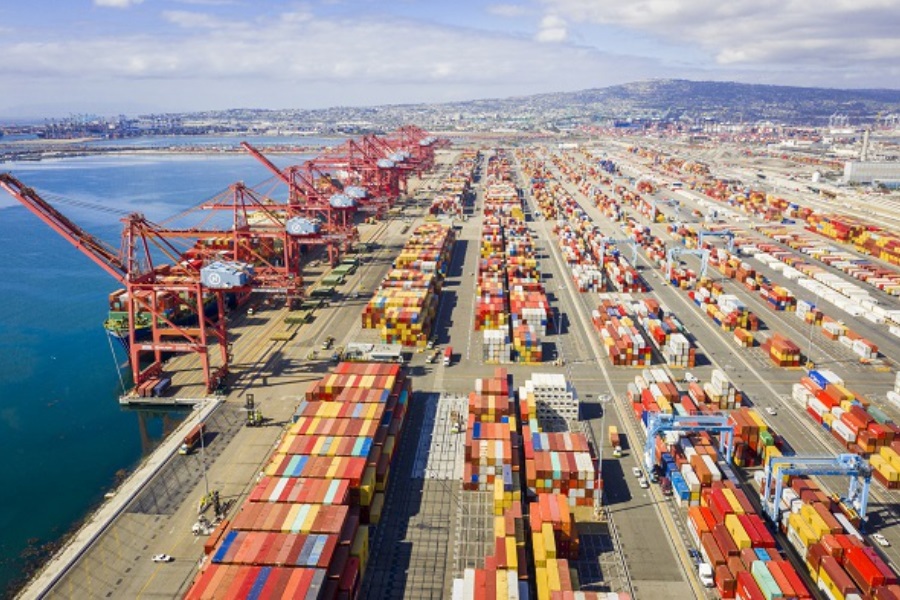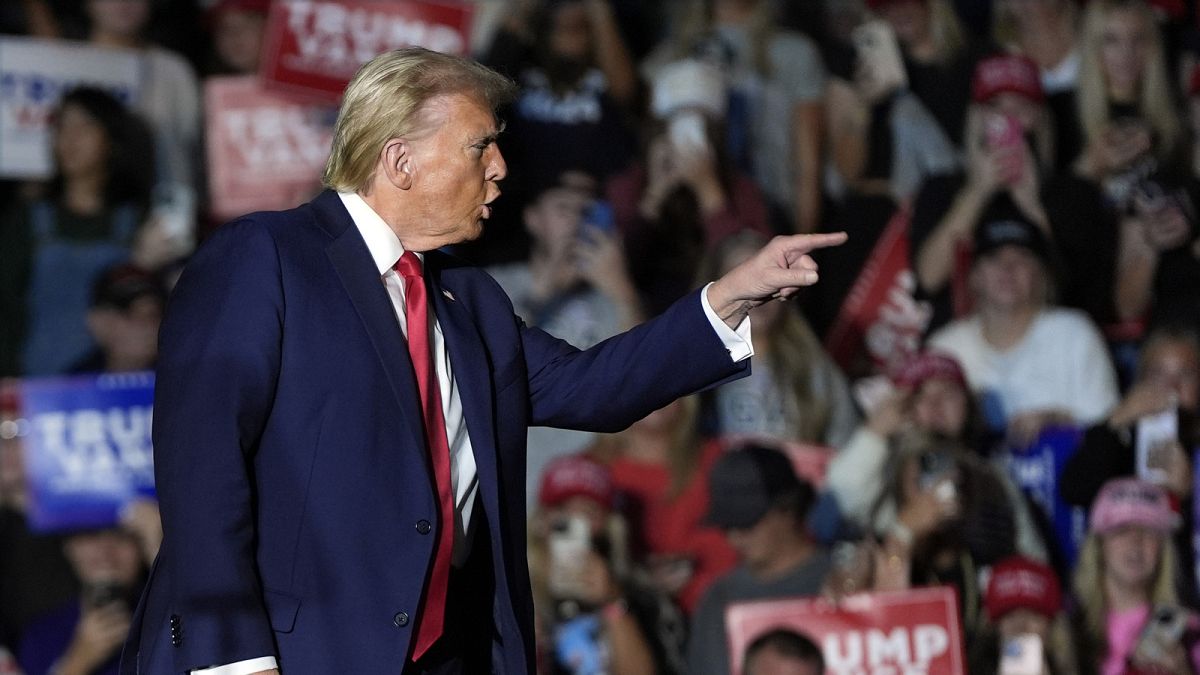The UK is facing a serious risk of export losses that could reach £22 billion if Donald Trump is re-elected and follows through on his campaign promise to impose a 20% tariff on all imports to the US, according to a new analysis from the University of Sussex’s Centre for Inclusive Trade Policy (CITP). This threat not only endangers the UK’s export flows but could also create a ripple effect that weakens global trade.
Here's ads banner inside a post
Consequences of Stringent Trade Policies
If this policy is implemented, economists estimate that the UK’s exports worldwide could fall by more than 2.6%, meaning a significant shock to the economy that would reduce annual economic output by 0.8%. In a time when the UK economy is striving to recover from the shocks of Brexit and the COVID-19 pandemic, this impact could push the country into a new period of recession.
Professor Nicolo Tamberi from CITP remarked that while this policy could be a negotiating tactic by Trump, the possibility of it happening is real. He noted that, in the past, Trump imposed tariffs on steel and aluminum imports during his first term, and an expansion of tariff policies in a second term is something the former president could easily pursue.
Here's ads banner inside a post
Industries Likely to Be Severely Affected
If this tariff is enforced, UK industries such as fishing, petroleum, and mining would be hit the hardest, with export values expected to drop by about one-fifth. The pharmaceutical and electronics sectors – both crucial to the UK – would also be negatively affected. Even businesses not directly involved in exporting could suffer. Companies providing transport and financial services, which rely on strong trade flows, would face difficulties as exports decline.
This decline is not just a number; it affects the lives of millions of workers dependent on these industries, from laborers to those involved in the supply chain and supporting services. Regions dependent on these sectors will also feel the impact deeply, with unemployment rates likely to rise.
Here's ads banner inside a post
Opportunities and Challenges for Certain Sectors
On the other hand, some sectors may see opportunities. If China faces tariffs up to 60% on the US market, it could create an opening for UK textile and clothing manufacturers. These businesses might take advantage of reduced competition from China to increase their market share in the US. However, this opportunity comes with its own challenges, as increasing exports to the US would require UK businesses to invest in enhancing product quality and adapting to US standards.
The UK’s Stance and International Reactions
However, to overcome the potential obstacles, the UK government will need to make wise decisions. Foreign Secretary David Lammy emphasized in an interview with the BBC that “We will seek to convince the United States that harming your closest allies cannot be in your long-term interests.” However, Lord Darroch, the former UK Ambassador to the US during Trump’s first term, remains pessimistic: “Trump imposed tariffs on steel and aluminum in his first term, and he wants to expand this time. This is not a bluff.”
Meanwhile, Chancellor Rachel Reeves and Bank of England Governor Andrew Bailey have pledged to continue fighting for free trade, a policy long prioritized by Western economies. The UK’s challenge is not just negotiating with Trump but potentially choosing between cutting a side deal with the White House or aligning with other European and Western allies to send a clear message to Trump and the US Congress that American exporters would also suffer from these policies.
Impact on the Global Economy
The International Monetary Fund (IMF) recently warned that if a large-scale trade war breaks out, there is a risk of increased inflation and a global economic contraction of up to 7%, equivalent to the combined economies of France and Germany. This underscores that the impact of US trade policy is not limited to its borders but could spread widely, affecting the global economy.
The scenario the UK faces is dire. To mitigate the impact, the UK may need to prepare a range of countermeasures, from promoting bilateral trade agreements, and shifting to other export markets, to strengthening relations with developing countries where demand for UK goods remains strong. Additionally, encouraging businesses to focus on the domestic market could be a long-term solution to reduce reliance on exports.
Is Trump’s Trade Policy Really a “Negotiation Tactic”?
While Trump may use his tough trade commitments as a negotiating tactic, the effects of these promises are very real. Trump’s “America First” approach may bring short-term benefits to the US economy, but in the long term, these trade restrictions could weaken relations with long-standing allies and push the world into a new era of trade difficulties.
The prospect of the UK economy being severely impacted by US trade policy highlights the importance of foreign policy efforts. Thorough and flexible preparations, including negotiations to avoid adverse external shocks, will be key to safeguarding the UK’s economic interests and maintaining stability for millions of citizens amid global uncertainty.

